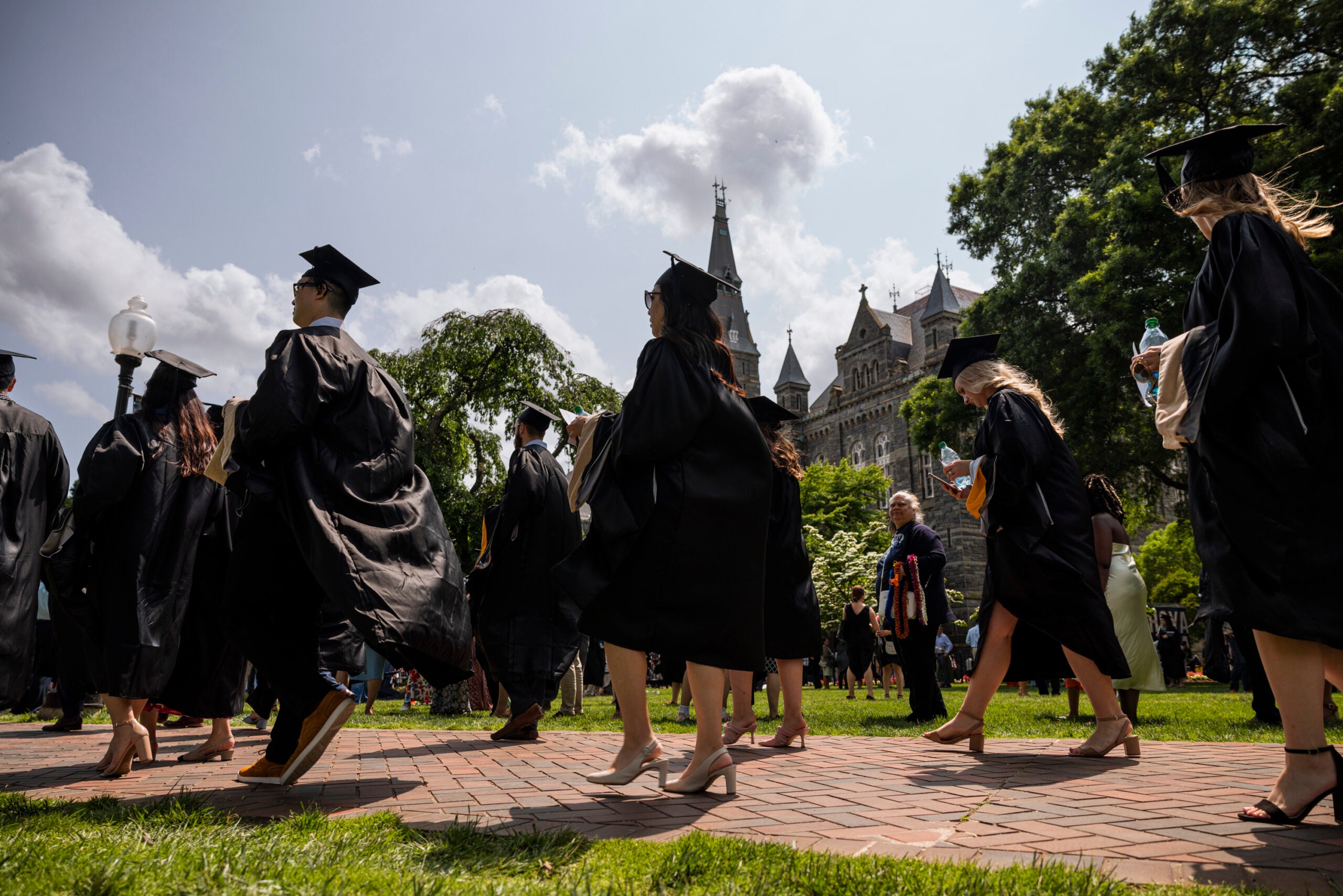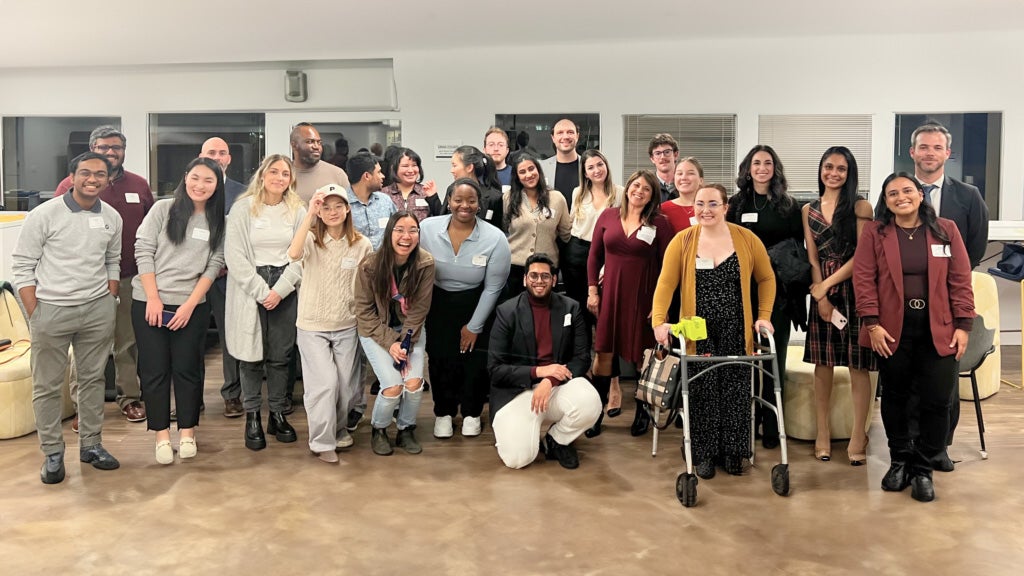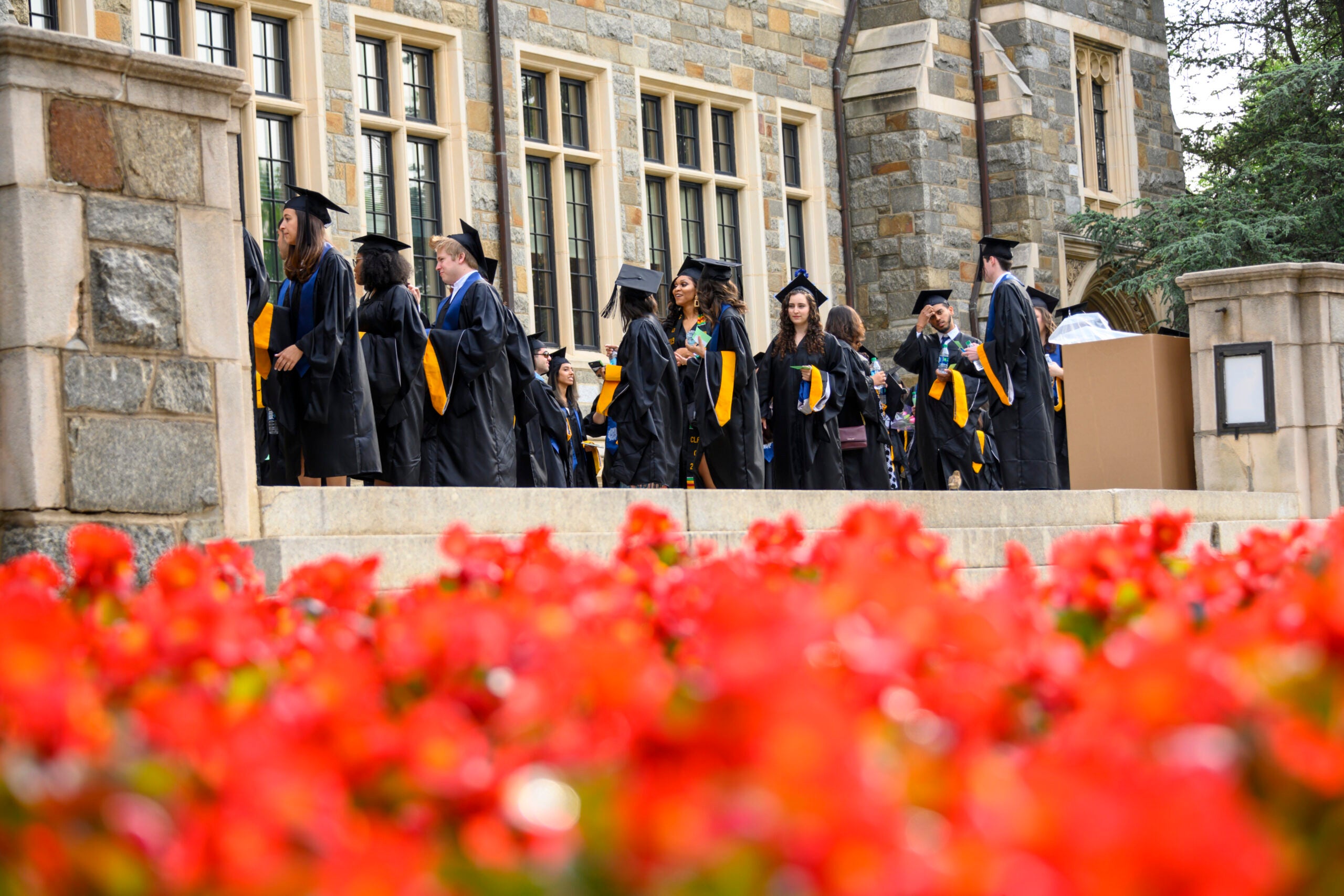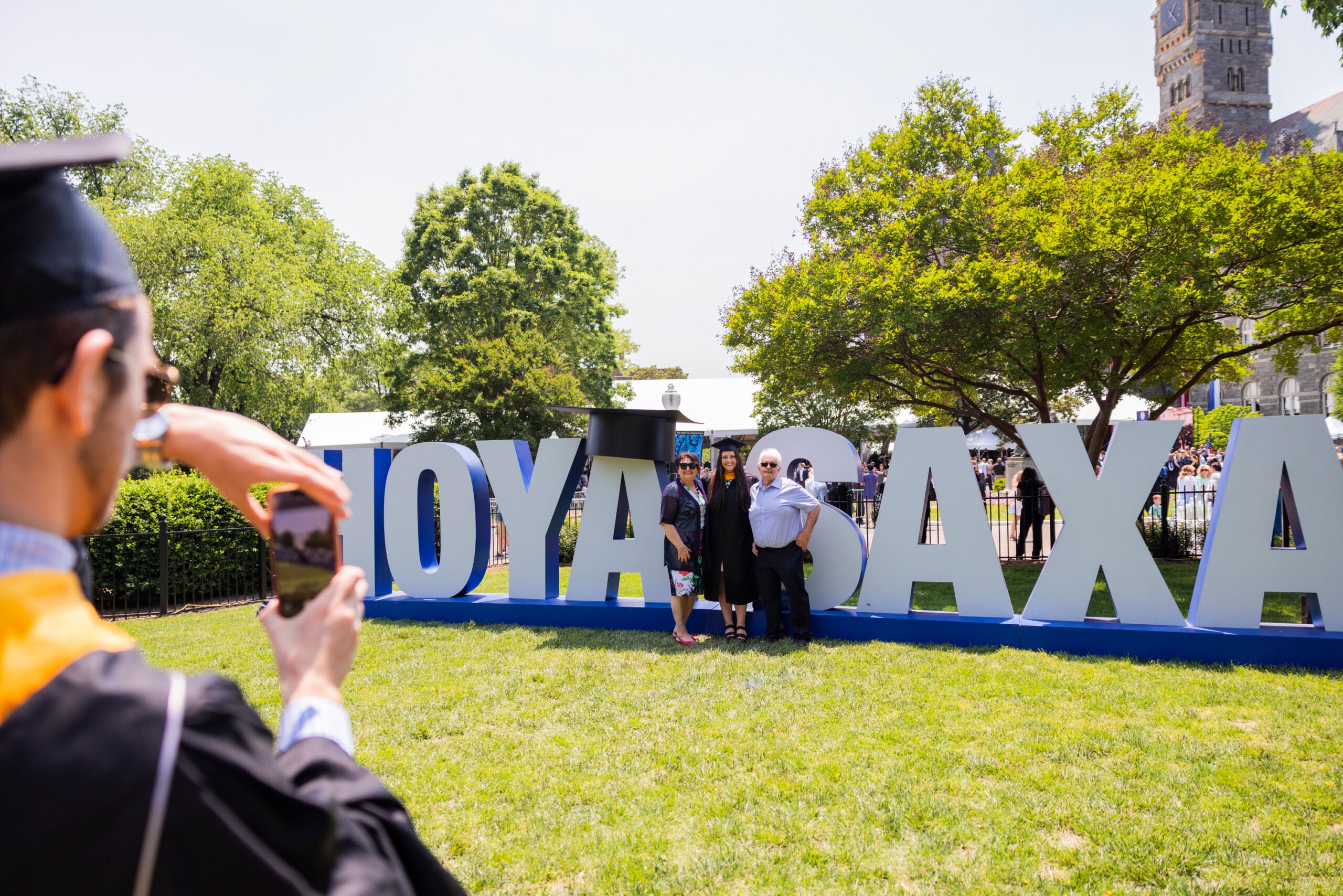3 Inspiring Graduate Students in Georgetown University’s Class of 2024
It takes determination, fortitude and resilience to earn a graduate degree. This year, the Graduate School of Arts & Sciences and Biomedical Graduate Education programs will celebrate 527 master’s and 72 doctoral graduates in the Class of 2024.
Meet three of those inspiring graduate students who embody different values of the Spirit of Georgetown.
Data Science Innovator
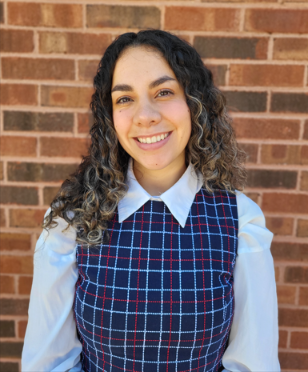
Valeria Vera Lagos
Valeria Vera Lagos worked as a software engineer in Jalisco, México before coming to Georgetown. She was interested in artificial intelligence and how it could be used to address social problems, particularly emotional abuse against Mexican women. After attempts to learn data science skills on her own, Vera Lagos decided she needed a more solid academic foundation.
She came to study in the U.S. with the support of the Fulbright García-Robles Scholarship. Georgetown’s Data Science and Analytics program caught her attention because of its reputation as a leader in the growing data science field and her specific interests in natural language processing. Throughout her two years at Georgetown, Vera Lagos has excelled both personally and professionally.
With knowledge gained in the classroom, Vera Lagos successfully developed software to detect misogyny in Spanish on social media, which proved to be a useful testing ground for upcoming projects. This past March, she led a workshop for Stanford’s Women in Data Science Initiative discussing her software and natural language processing.
Outside the classroom, Vera Lagos is an ambassador with Google’s Women Techmakers, a global initiative that provides community for women in tech spaces. She also serves as a mentor in the Data Science and Analytics Mentorship program, which pairs second years with incoming students based on their common interests and goals. Vera Lagos said she enjoys giving back as a mentor because of the impact mentorship has made in her life as an international student and the impact it can make on women in the tech field, which has historically been more male-dominated.
“My mother has always been a role model for me. She taught me the value of being myself and focusing on my career and integrity,” says Vera Lagos. “I would encourage women to seek mentors and support groups. Sometimes being brave is insufficient, and asking for assistance is acceptable.”
Vera Lagos plans to continue her work this summer with two projects. One focuses on helping Ghanaian women overcome the English language barrier by promoting the use of other languages in AI, particularly native languages. The second focuses on sentiment detection involving politicians and charisma using large language models, a field that she hopes to pursue in the future.
Infectious Disease Scholar
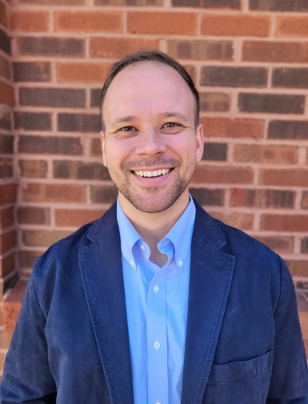
Matthew Boyce
Matthew Boyce’s fascination with infectious diseases was sparked when he witnessed the spread of the West Nile virus as a kid. This led him to pursue a bachelor’s in integrative biology at the University of Illinois Urbana-Champaign and then a master’s in Global Health at Duke University.
It was at Duke that Boyce attended a webinar in 2017 led by Dr. Rebecca Katz on pandemic preparedness. Feeling inspired, he emailed Dr. Katz for a job opportunity, which led to his work at Georgetown’s Center for Global Health Science & Security. Boyce worked for Dr. Katz for three years. This work, combined with his interest in policy and social sciences, led him to pursue the interdisciplinary doctoral degree in Global Infectious Disease at Georgetown full-time.
Through the program, Boyce worked with multiple international organizations, including the Global Parliament of Mayors, the Global Fund and the World Health Organization, and worked on projects in support of COVID-19 pandemic response efforts. Additionally, Boyce has published two edited volumes, written a dozen peer-reviewed articles and presented his scholarship at international meetings in Singapore, Switzerland and Sydney, Australia, to name a few.
As he began the program during the pandemic, Boyce’s dissertation analyzed the different elements of the responses to the COVID-19 and mpox epidemics in cities around the world. Boyce hopes that his research will become a practical tool that helps prepare cities and our world for future infectious disease outbreaks.
“There are three things I know for sure,” says Boyce. “We will see epidemics and pandemics in the future, our world will continue to become more urban and globalized, and there are practical ways for cities and local governments to engage with these issues and take the lead to address them.”
Looking ahead to the fall, Boyce is excited to start a new chapter as a tenure-track assistant professor at Texas A&M University in the Department of Health Policy and Management and as a faculty fellow at the USA Center for Rural Public Health Preparedness – a highly unusual achievement for an early career scholar in the field of public health.
Educator for Others
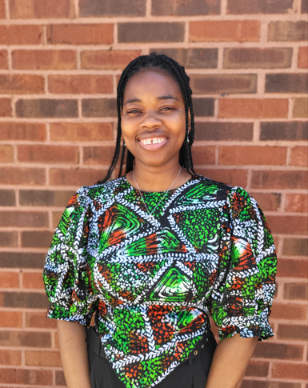
Fikayo Odugbemi
Fikayo Odugbemi was born and raised in Kwara, Nigeria. Through fieldwork with NGOs and venture capital firms, she experienced first-hand how low-income communities are disadvantaged in terms of growth when education isn’t embedded in the local community. Seeing this disparity, Odugbemi felt called to become a changemaker for accessible education.
“As someone who is always thinking about the injustices in the world, I put on my researcher hat to figure out what I could do and what role I could play to tip the scales in favor of low-income communities,” she said.
Odugbemi researched graduate programs that fit her interests and discovered Georgetown’s Master of Arts in Learning, Design, and Technology. The program’s mission to train educators through theory and real-world experiences aligned with her personal and spiritual calling to serve others. It has opened doors for her, from presenting original research at conferences to getting hands-on experience developing a student organization.
Odugbemi presented her research at Georgetown’s 2023 Teaching, Learning & Innovation Summer Institute and at the AAC&U’s 2024 Diversity, Equity, and Student Success Conference, where she led a 60-minute discussion session with professor Yianna Vovides entitled, “Fostering Equitable and Inclusive Online Learning Environments: A Framework for Practical Implementation.” Vovides noted that Odugbemi’s research combines principles of inclusive and Ignatian pedagogy, and that her contributions have been paramount for the program and the Center for New Designs in Learning and Scholarship. As a result, this research was developed into a rubric now being used as a framework for online course design at Georgetown.
During her second year, Odugbemi and her peers created a Graduate Student Association for the Learning, Design, and Technology program. They wanted to address students’ interest in gaining greater awareness about professional development strategies and building stronger connections between the program and the Georgetown community. They hosted a dozen events this year which have fostered connection, skill-building and mentorship.
As she graduates in May, Odugbemi hopes to use her degree to create accessible and equitable learning opportunities for under-served communities around the world through research and building frameworks intentionally centered around diversity, equity, inclusion and justice.
Staying Connected
As you leave the Hilltop, we invite you to stay connected to Georgetown through the Alumni Association, which has regional clubs, affinity groups and career resources bringing together Hoyas all around the globe.
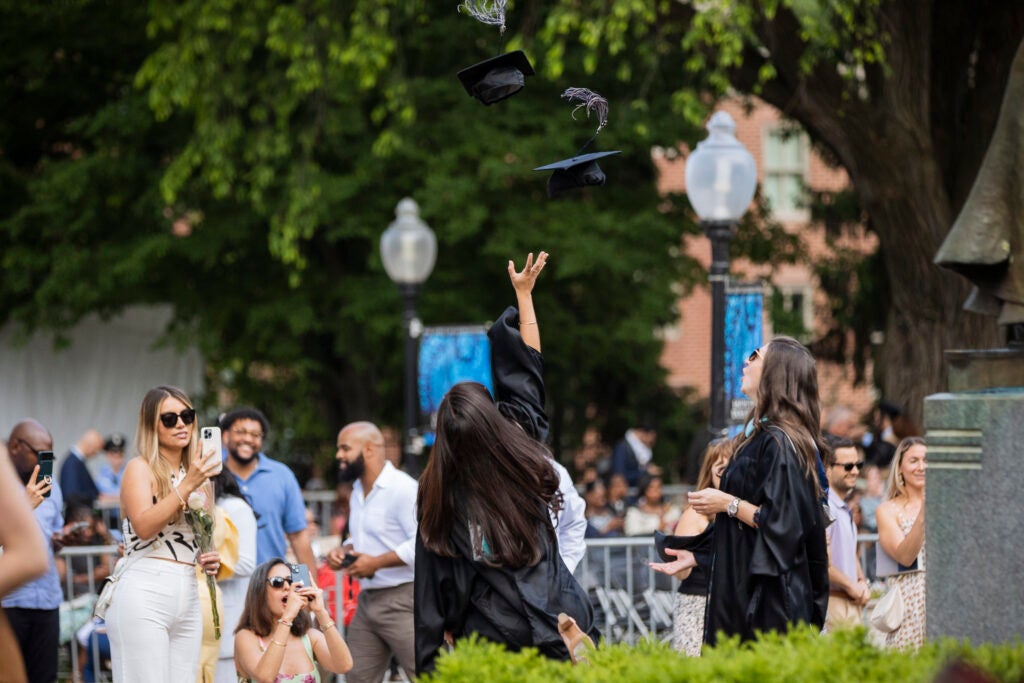
Photo Credit: Elman Studios
Congratulations to the entire graduating class of 2024. In the words of Saint Ignatius of Loyola, “Go forth and set the world on fire.”
Hoya Saxa!
– By Jessica Marr (G’19) and Maya Nguyen
